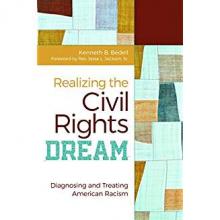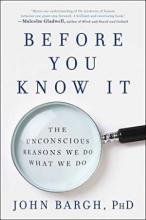Ken Bedell Bio
Ken Bedell earned his doctorate in sociology at Temple University. Before that he earned graduate degrees in education at New York University, in theology at the University of South Africa and Colgate Rochester/Crozer Divinity School, and in chemistry at Cornell University.
Ken was elected to the board of directors of the Religious Research Association and served as the annual meeting chair for one year. He was also a member of the National Council of Churches Education Committee and for five years he edited the reference book, Yearbook of American & Canadian Churches. Currently he is a member of the World Association for Christian Communication.
He is ordained in the United Methodist Church where he has served local congregation for 18 years in New York, Maryland, and Ohio. His work in the church included teaching sociology and communications at United Theological Seminary (Dayton), heading up higher education work as Associate General Secretary of the Board of Higher Education and Ministry, holding leadership positions in the Methodist Federation for Social Action and the Reconciling Ministries Network, and serving on the Board of Trustees of Rust College, a HBCU in Mississippi.
As the Executive Secretary for the International Association of Methodist Schools, Colleges and Universities, Ken traveled extensively visiting educational institutions in Brazil, Argentina, Korea, Zimbabwe, Kenya, Mozambique, and Austria. He also spent two years teaching chemistry in a Swaziland high school.
Most recently he served in the Obama administration as a Senior Advisor in the Department of Education. There he worked in the Center for Faith-based and Neighborhood Partnerships and directed the President’s Interfaith and Community Service Campus Challenge.
Ken published widely on topics as varied as the history of worship, the sociology of technology, computer technology in education, and race relations. The World Association for Christian Communication published his book, Different Ships, Same Boat, as part of a series on “In Search of Common Values.” His book, Realizing the Civil Rights Dream: Diagnosing and Treating American Racism, argues that the civil rights movement of the 1960s was led by religious leaders who pointed to the injustices of racism. Since the 1960s theoretical sociology and social psychology have made great advances so that we now have an understanding of the mechanisms that support and preserve racism. This gives us the capacity to address racism and to accomplish the dream of full participation of all in American society.




 Contact Us
Contact Us